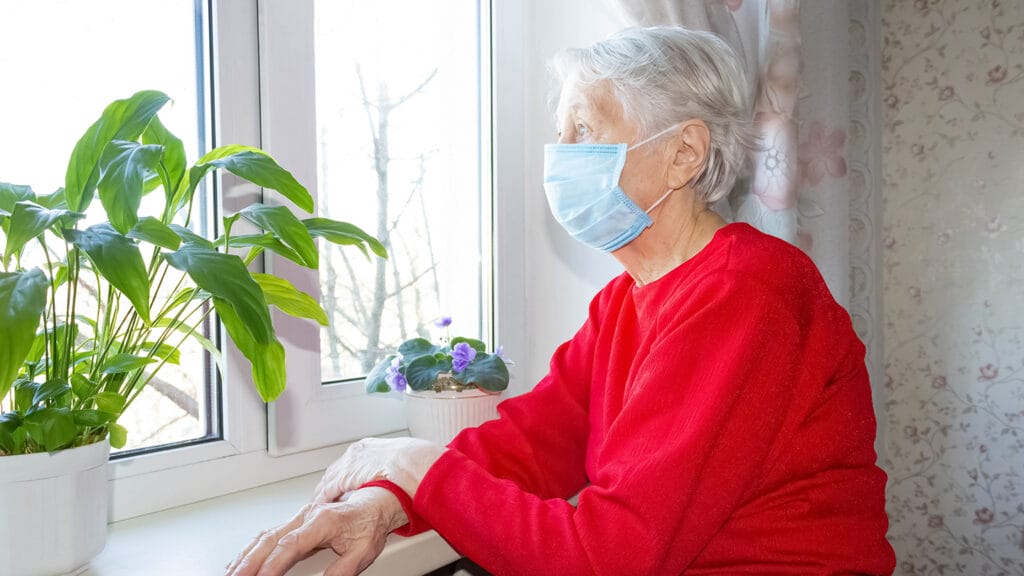
The National Hospice and Palliative Care Organization (NHPCO) is leading an effort for a demonstration project that would cover palliative care for older Americans under Medicare. If the project succeeds, palliative care could become a permanent benefit covered by Medicare and Medicaid.
The push comes as many Americans are struggling with long-term effects of COVID-19, including memory loss, fatigue, and nausea.
“By testing a benefit that removes key barriers to care for some seriously ill individuals, we believe that there will be an increase in access to palliative care for underserved populations,” Annie Acs, NHPCO director of health policy and innovation, told McKnight’s Home Care Daily.
Advocates say long-haulers — many of whom suffer from months of mental confusion, nausea, blurry vision, fatigue and hearing loss — could benefit enormously from palliative care. According to a study in the British Medical Journal, roughly 10% of people who tested positive for the coronavirus remain unwell for weeks and often months.
Currently, insurance plans, including Medicare and Medicaid, only cover comprehensive home or community-based palliative care services for people in hospice. Those patients typically have a prognosis of six months or less to live and opt out of treatment that would prolong their lives. Palliative care is specialized medical care for people living with serious illnesses.
Advocates for the project say patients suffering from cancer, heart disease, Alzheimer’s and long-term effects of COVID would benefit from an array of palliative care services in their homes. Studies have found that palliative care offers a higher quality of life for patients, better pain management and can lower health care costs by reducing the number of hospitalizations.
This article originally appeared on McKnight's Senior Living



